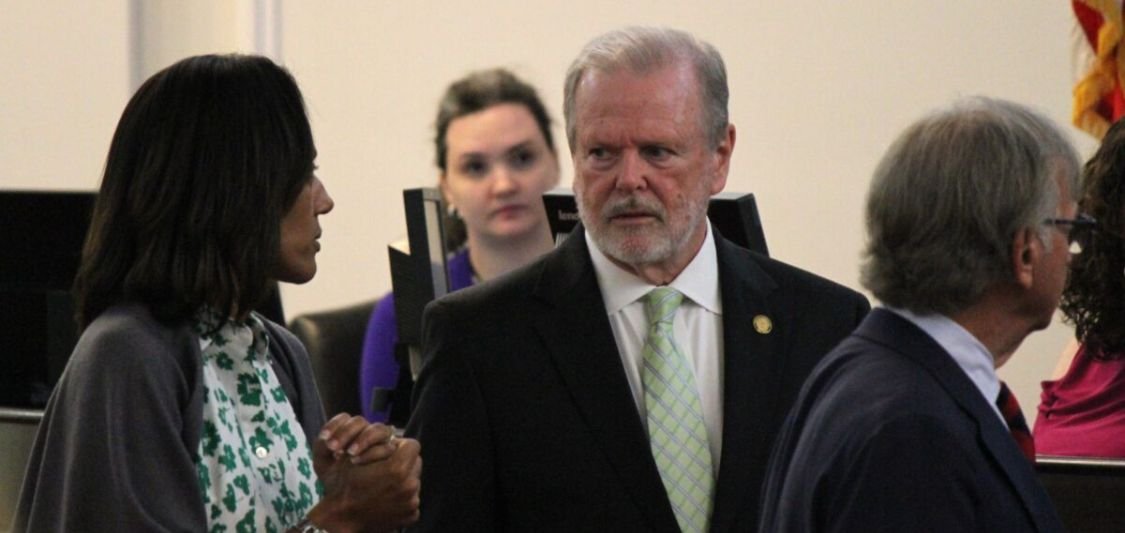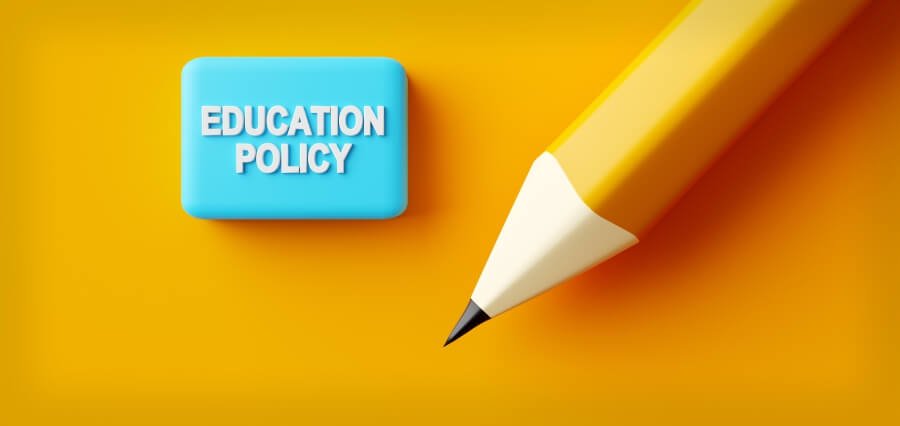Prime Highlights
- North Carolina approves a historic bill to sign on to the federal Educational Choice for Children Act (ECCA) subject to the approval of the governor.
- The bill provides 100% federal tax credits to donors of scholarships, especially low-income children.
Key Facts
- The ECCA provides up to $1,700 annually in tax credits per donation on donations for contributions to qualified scholarship organizations.
- The legislation provides K-12 special and private school scholarships, which benefit disadvantaged groups.
Key Background
The state legislature of North Carolina has passed a historic bill, the first state to enroll in the federal Educational Choice for Children Act (ECCA). The bill, waiting for governor signature, provides donors a 100% federal tax credit of up to $1,700 per year for contributions to scholarships, to increase school choice opportunities for families.
The ECCA, as part of a nationwide effort to open up educational opportunity, was created to deliver tax-credit scholarships to K-12 students. It enables families, especially low-income families, to select private, religious, or specialized schools that are most suitable for their children’s education. North Carolina’s action demonstrates it as leading the way in implementing policies that prioritize parent choice and school fairness.
Advisors contend this program is a revolution for pupils that do not have access to quality public schooling because of economic issues. Advisors cite areas in states where programs like these exist and there are increased school choices and how it improved academic achievements in private and public schools. Advisors say the scholarships will give parents power, stimulate competition, and raise poor communities by closing learning gaps.
Nonetheless, it is also faulted for siphoning resources away from public schools and whether it disproportionately benefits more affluent families who already have sent their kids to private schools. Statistics drawn from current voucher programs indicate that while poor kids benefit, more of the voucher recipients are from middle- or upper-income families. There are also questions regarding regulation and the potential to aggravate educational segregation.
While awaiting a governor’s signature, state legislators are optimistic about passage, even predicting that they could override a veto. If signed, North Carolina’s legislation would be a model for federal school choice programs nationwide, redrawing the American education map and opening doors for disadvantaged students.
Read Also : IBPS PO/SO 2025: Form Correction Window Opens on July 31 – Key Details You Must Know









